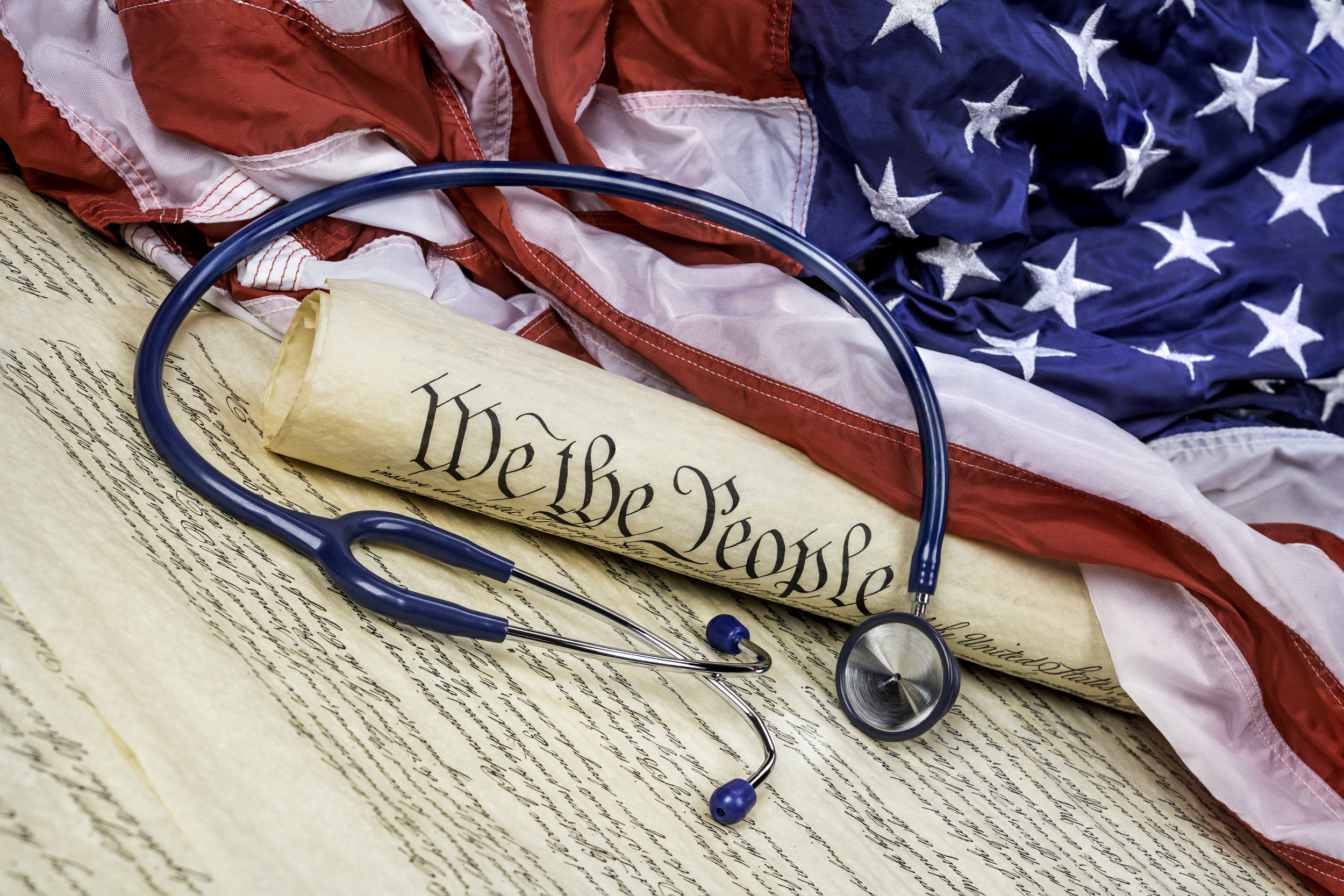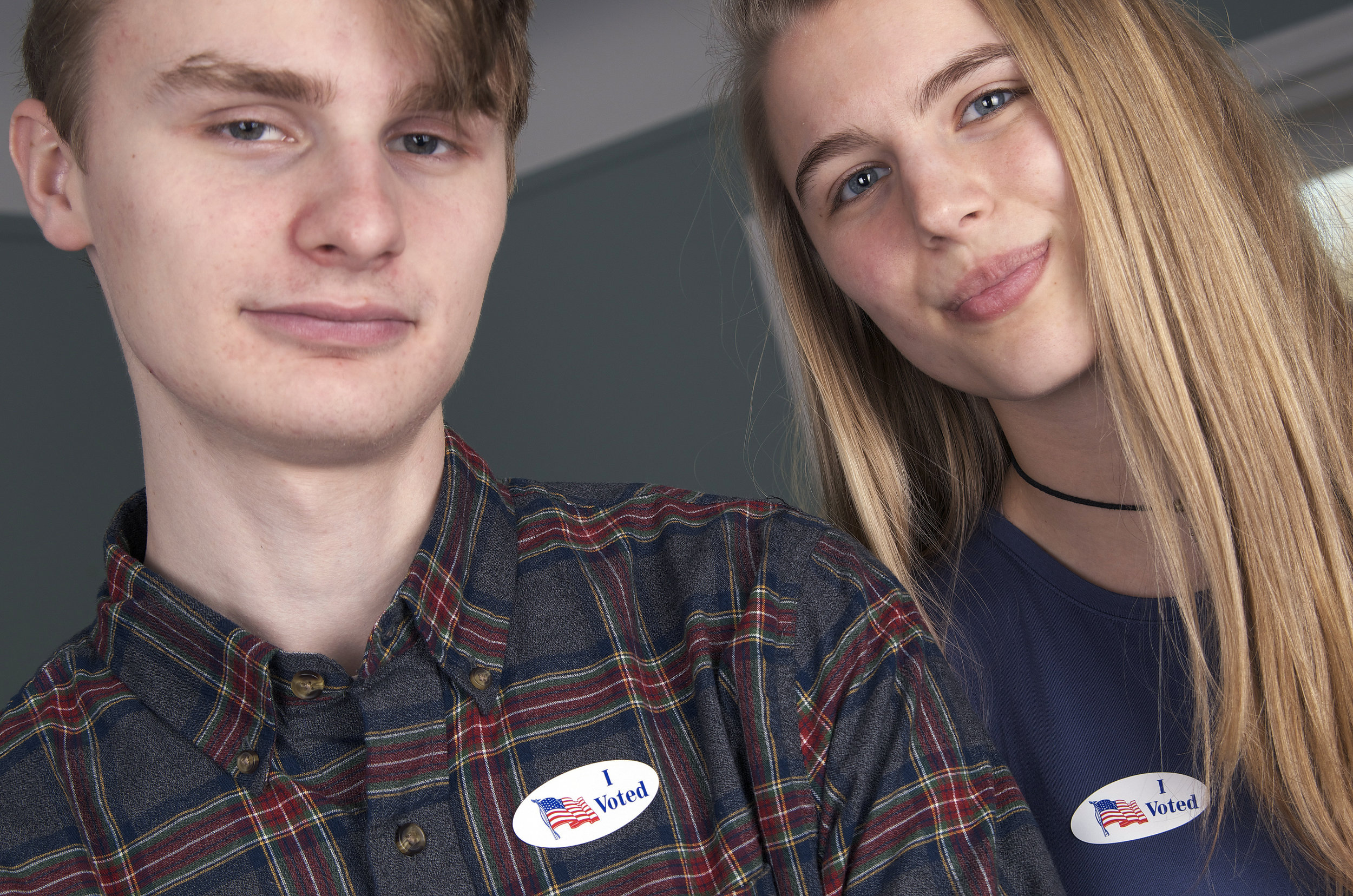I’ve been planning a legislative update for a while. Little did I know just how bad June 2018 would be.
Before yesterday, I might have spent the whole post talking about the Trump administration’s new policy that allows insurance companies to offer plans that do not cover the 10 essential health benefits guaranteed by the Affordable Care Act. Of course, the ultimate target of the policy is to completely eliminate mandatory protections for those with pre-existing conditions, even though protecting that particular essential health benefit is “very important” to over 70% of Americans. Or perhaps the proposed cuts to the medical safety net – Medicare and Medicaid -- that would affect our most vulnerable, justified by a tax cut that was bad, but not that bad until you realize that they needed it to create a reason to gut Medicare and Medicaid.
I would have encouraged you to vote if you felt threatened by these policies. I would have given you a link to make sure you were registered (and to register if you weren’t), tell you where to go on election day, and how to vote early, as well as one to help you evaluate the candidates by their voting records.
And I would have steered clear of anything political beyond healthcare policy.
In good conscience, I can’t do that anymore. I will always encourage you to vote, but the Supreme Court has handed down three decisions in the last three weeks that will make that more difficult.
- Decision #1: Gerrymandering is a way to draw (or re-draw) Congressional districts in a way that discriminates against members of a specific race/ethnicity or political party. Racial gerrymandering has been illegal for a long time. Until recently, political gerrymandering was not egregious enough to require laws to prevent it. Now it is. A couple of weeks ago, The justices decided that they weren’t going to rule on whether partisan gerrymandering is unconstitutional. It’s hard, but not impossible, to measure, and it’s gotten to the point where it is demonstrably creating an unlevel playing field. This would have been the time to act. Solution: Get your state legislature to put gerrymandering on the ballot. Several states are proposing plans for the courts or bipartisan commissions to redraw the districts. Twenty-four states allow citizens to propose policy to the legislature or directly to their fellow voters.
- Decision #2: They upheld a decision to continue letting Ohio to purge voter rolls after missing one vote. Currently, if you miss a presidential or mid-term vote, the state will send you a notice informing you that you are about to be purged from the voter rolls. On paper. Through the mail. If you do not respond, you will be taken off the voter rolls after another four years. Do you know who actually checks the mail and reads random communiques from the state? No one under the age of 60. The Voter Registration Act says purging voter rolls for not voting is illegal. However, the majority (strictly along party lines) ruled that because the purge wasn’t aimed at a single individual, it didn’t violate the law. Do not let yourself believe that this behavior will be confined to Ohio. Solution: Nothing for the moment.
- Decision #3: They reversed a lower court decision that Texas districts were racially gerrymandered against Latinos. This decision was also made along party lines, and comes five years after they gutted the Voting Rights Act. Solution: Nothing for the moment.
All of these things put together with states closing polling places in minority neighborhoods, voter ID laws, and limiting polling hours and early voting options conspire to make voting by certain groups impossible. And who are these groups? Minorities, low-income earners, the elderly, and the disabled. All we ever wanted was a level playing field, and each of these things is another obstacle to overcome for the people who have the most to lose.
I am an optimist. I do not like being the doomsayer, but today it feels like there is no other choice. Today, Supreme Court Justice Anthony Kennedy, the only swing vote on the Court, announced that he will retire at the end of July. I can tell you right now that the Trump administration will nominate another Neal Gorsuch, who believes that racial gerrymandering is not illegal and has indicated through his judicial record that he does not believe in legal protections for the disabled. The Supreme Court protected the ACA only because the individual mandate was a tax. Now that the individual mandate is gone, so is the reason the Supreme Court protected it. What do you think will happen when the Trump administration brings another case saying that the Affordable Care Act is unconstitutional now that the individual mandate is gone. Nothing good, I assure you.
Supreme Court appointments are for life. Whoever comes in after Kennedy will be there for decades. The only way to stop it is to flip the Senate from red to blue – another very difficult but not impossible task. This means we have to protect Democratic Senators in Florida, Indiana, Missouri, North Dakota, and West Virginia, and flip two in Nevada, Arizona, or Tennessee.
I can tell you right now: this is the most important vote you will ever cast. If you have to miss an hour or two of wages you can hardly afford, or bring your kids to the polling place with you, or beg a ride to get to your polling place, PLEASE VOTE, especially if you live in one of the states I mentioned above. If you ever felt powerless in politics, now is your time. We have the power to protect ourselves, if only there are enough of us. I do not want to see our rights, so dearly won, steadily walked back for the next 30 years, and neither do you.
P.S. I do not consider the current administration to be conservatives. They are not the respected adversaries I have always known.











